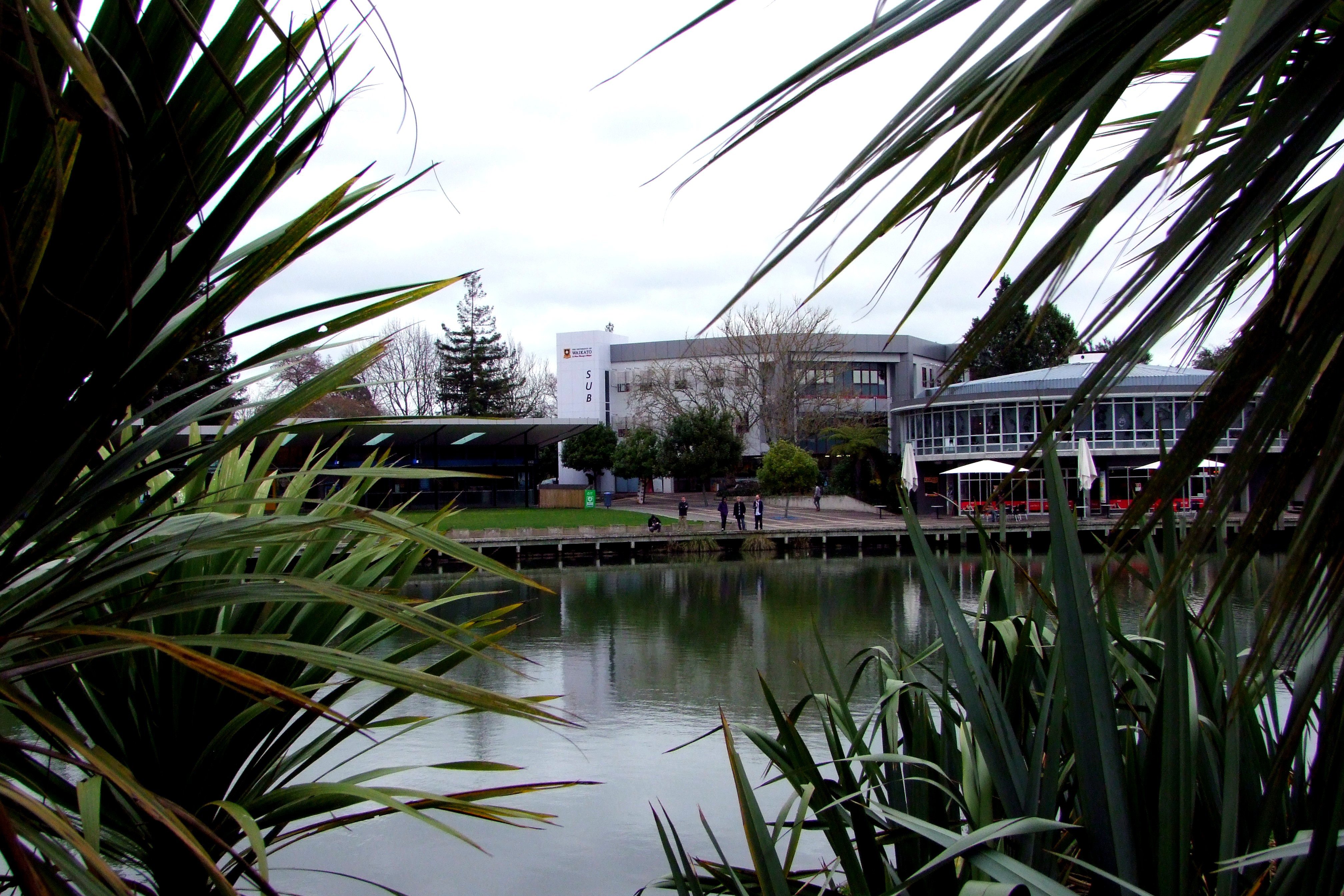
Documents released under the Official Information Act showed the Tertiary Education Commission advisers expressing concern over the lack of oversight and the details behind the budgeted costs.
"Given Waikato will be accountable for establishing, building and operating the school, it follows there should be at least two business cases. We need to get the accountabilities right."
In another email, advisers said tertiary education officials cast doubt over the $380m price tag for the project.
The first intake of 120 students at the new medical school was originally slated for 2027.
"Tertiary education officials have not seen evidence of updated work to cost the development of the new school building and facilities since the original 2017 costings, estimated at $380m, including a $100m contribution from Waikato."
The proposed project has proved controversial with the Universities of Otago and Auckland, who have argued they could train more doctors within the infrastructure they already have without the need for significant capital costs.
The Labour and Green parties are also against the proposal, while Act New Zealand has called for a more robust business case.

Green MP Francisco Hernandez said the documents showed the concerns he had raised earlier were well founded.
"The publicly stated costs appear to have been understated — with the $380m estimate badly out of date.
"In addition, the risks have also been underestimated with the advice highlighting risks to Waikato University’s financial viability and the wider tertiary sector.
"The government needs to come clean about the real costs and real risks of the project. So far, the more information comes to light, the more it seems obvious that investing in increasing capacity at Auckland and Otago seem to be the obvious solution."
There also appeared to be questions from the TEC about the initial cost-benefit analysis, including the wording of some of the analysis, as well as where the medical school would fit in terms of the university’s infrastructure portfolio.
"Because this project has been driven by ministerial priorities and outside the TEC, we haven’t had a conversation on infrastructure need and have not seen how this fits within Waikato’s wider capital intentions."
In September, Health Minter Dr Shane Reti announced an initial cost-benefit analysis of the Waikato project provided "confidence for the project to progress to the next stage".
But TEC advisers were less convinced and a couple of months earlier they reiterated they were "focused on ensuring the financial stability of Waikato is not put at risk given the size of the project".
"Given the relative size of Waikato’s operation and balance sheet, any combination of lower than expected philanthropic support or cost escalation would place a significant burden on Waikato University more generally".
Among the biggest concerns was the reliance on Waikato raising the $100m, as it had little ability to self-fund the project within its present borrowing limits.
"Cabinet may ask that funding is found from the Vote Education baseline which presently would not be affordable and would need to see a reprioritisation of funding."
Acting dean of Otago Medical School Professor Tim Wilkinson said the university had already expressed concern that establishing "a new medical school will be far more costly than the $380m initially outlined".
"It is much more cost-effective to build an existing infrastructure and boost capacity at the two established medical schools at the Universities of Otago and Auckland.
"With adequate funding we can expand our capacity to educate more doctors more quickly and cost-effectively than building a new medical school from scratch."
A spokeswoman for the University of Waikato said "we are working closely with the Ministry of Health on the development of the business case and they are best placed to provide further comment at this time".
It did not respond to questions about TEC’s concerns about Waikato’s financial position.
A spokeswoman for Dr Reti’s office declined to comment.














